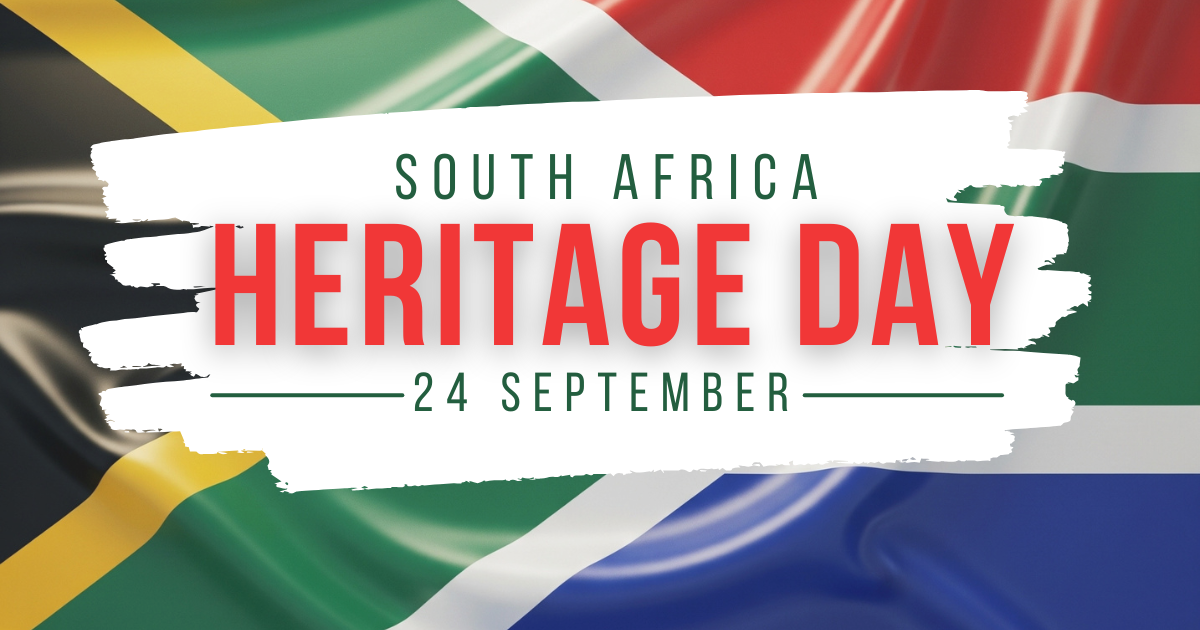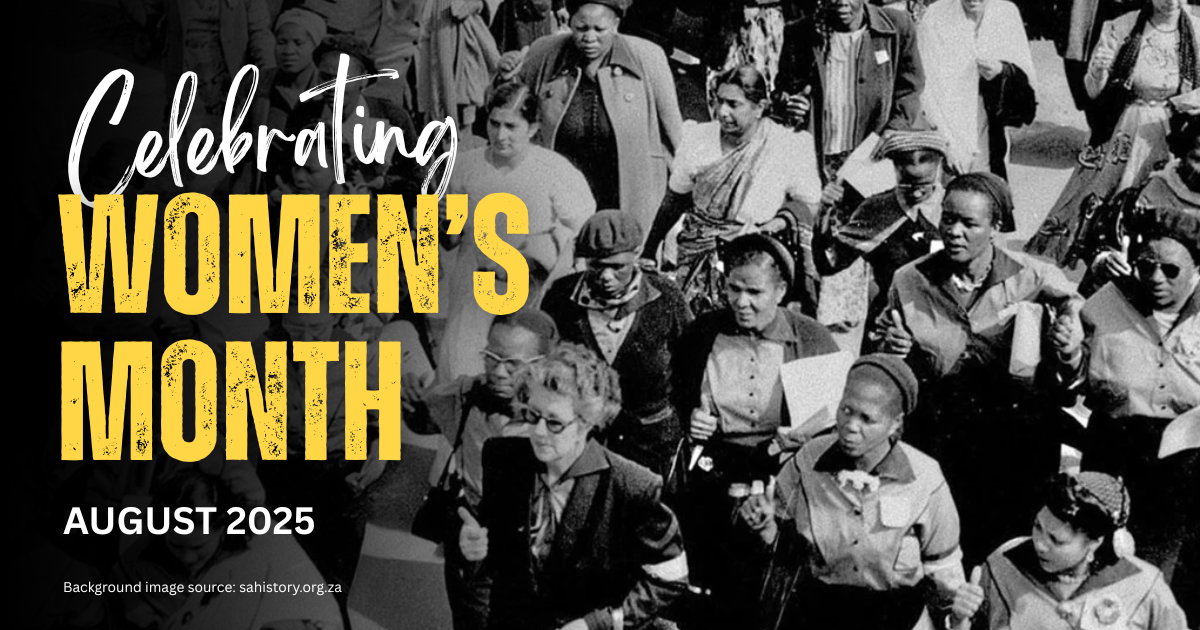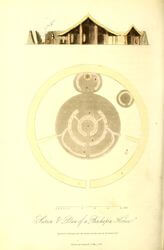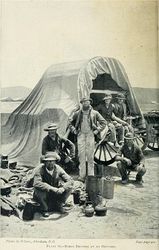
Heritage Day
The names given to 24 September in South Africa draw together references to events, personages and cultural practices across a wide historical and political spectrum.
The origins of the current official name for 24 September are rooted in the Province of KwaZulu-Natal, specifically the former apartheid-era homeland of KwaZulu, where it was first celebrated as Shaka Day (earliest citation 1973) in honour of the Zulu king, Shaka kaSenzangakhona (‘son of Senzangakhona’). This is a rare instance of an eponymous commemorative day in South Africa.
In 1994 – one and a half centuries after King Shaka’s death – the country’s post-apartheid government designated 24 September as a day of shared national identity, and Shaka Day became known as Heritage Day. Notably, none of the public holidays declared in 1994 are named after people.
The most recent, informal name for this calendar date was coined in the 2000s, namely Braai Day (cf. braai, verb, first recorded in 1891). Although this new designation for Heritage Day was not met with unanimous approval, it appears with high frequency in South African English corpus sources. The earliest available record of its use in writing is attributed to the late Archbishop Emeritus Desmond Tutu, also credited with coining the term rainbow nation.

2025 Revised Edition
In March 2025 DSAE published a revised online edition of its open-access historical dictionary of the South African variety of English. This edition, two years in the making, features an updated visual design for both Mobile and Desktop platforms and introduces the new dictionary logo featuring the protea, South Africa’s iconic national flower.
A major content update in this edition is the new audio pronunciation feature. While the dictionary retains phonetic transcriptions, you can now click to play over 3900 recordings of South African English words including alternative pronunciations. These studio recordings, created using authentic South African English speakers, represent an unparalleled phonetic dataset available for the first time.
Aside from changes to existing entries, over 100 new words have been added across a range of domains, including: Sport (shibobo, diski), Law (Aquilian liability), Music (amahubo, boereqanga), Politics and History (the struggle, struggle credentials), Food and Drink (magwinya, walkie talkies, papsak) and Cultural terms (boerewors curtain). Words reflecting everyday life in South Africa have also been added to the dictionary’s three centuries of regional usage (load shedding, mjondolo, ekasi), plus historically recent colloquialisms such as fong kong, makoya, eish, and tsek.

Women’s Month
Women’s Day, prompting Women’s Month, existed in South African English parlance decades before its official promulgation as a national holiday. The origins of the word (first citation, 1968) are rooted as much in anti-apartheid resistance as in gender activism.
Referencing the historic Women’s March to the Union Buildings, Pretoria on 9 August 1956, it was called South African Women’s Day initially to distinguish it from International Women’s Day. Though the march was not an exclusively ANC event, it is sometimes referred to as ANC Women’s Day in early sources, reflecting its strong association with the liberation struggle at the time (see the struggle, pass laws).
Cherryl Walker (Women and Resistance in South Africa, 1991) described the day: “Many of the African women wore traditional dress, others wore the Congress colours, green, black and gold; Indian women were clothed in white saris. Many women had babies on their backs…” (see abba, black, green and gold, Congress).
Only in the Public Holidays Act No. 36 of 1994, signed by Nelson Mandela in the first year of his presidency, was the day elevated to the status of a national holiday and officially designated National Women’s Day.
Background image source: South African History Online.











 Chrome
Chrome Firefox
Firefox Internet Explorer
Internet Explorer Safari
Safari